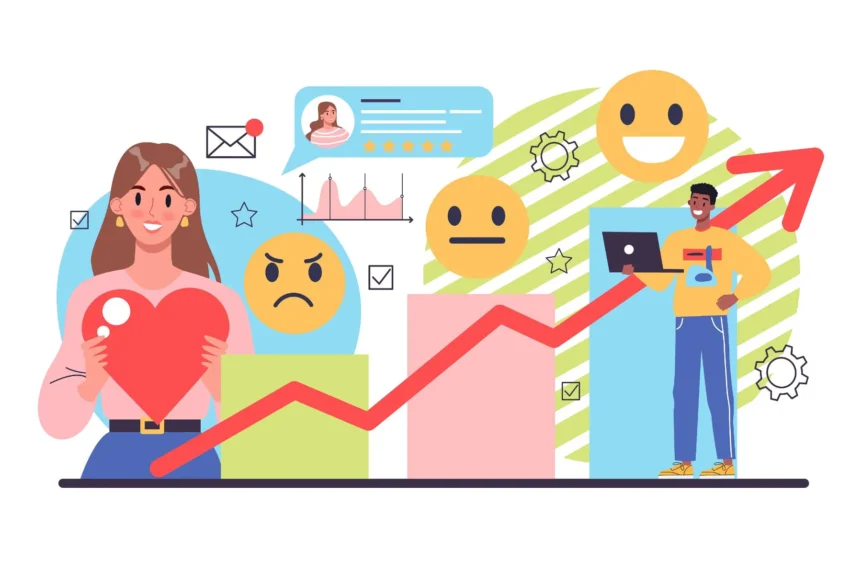Throughout your career, you should always be striving to improve. One of the best ways to do this is through feedback. Feedback lets you know what is expected of you and helps you identify areas for improvement. But do you know how to give and receive feedback?
Seek and Indeed demonstrate why feedback is important and provide tips on giving and receiving it.
Benefits of feedback
Giving and receiving feedback in the workplace can provide numerous benefits.
Shows you how to improve and develop your skills
Feedback lets you see what you are doing well and where you can improve.
For example, if a colleague gives you feedback that you need to get better at meeting deadlines, this means you need to improve your time management skills.
Creates learning opportunities
Receiving feedback helps you identify which skills you need to work on. A good idea would be to follow up on feedback by asking colleagues or managers how you can improve these skills.
Provides motivation
Both positive and negative feedback can help to motivate individuals. Positive reinforcement helps encourage you to keep going. On the other hand, knowing what you need to do to improve can help motivate you to do better.
Improves leadership
Feedback is a two-way street. Employees should provide feedback to managers where appropriate. Receiving feedback from employees can help managers to build their leadership skills.
Improves relationships
Feedback can improve relationships in the workplace in several ways. For example, it can help reduce conflict in the workplace by identifying potential issues before they get out of hand.
Feedback can also help colleagues better collaborate.
Supplying feedback can also improve the work environment by addressing employee concerns. For example, employees may request a quiet space to work with no distractions.
Tips for giving feedback
You should keep several things in mind when giving and receiving feedback.
Always be courteous
When giving feedback, you should always consider how the other person will receive it. Keep feedback focussed on situations and skills and avoid talking about people’s personal attributes. Focussing on personal attributes may make feedback seem personal.
You should also listen to the other person’s response to the feedback.
If giving negative feedback, you can start with something positive. For example, you could say I really like the way you did this….but you really should be doing this.
Be specific
When giving feedback you should ask yourself several questions.
Why are you giving this feedback? What is it you want the person to know?
How is this issue affecting performance? How is it affecting you or other colleagues?
By making your feedback specific, you will ensure it is as effective as possible.
Give feedback regularly and make sure it is timely
Whether it is positive or negative, if you are going to give feedback on a situation, you should give it as soon as possible after the situation. Feedback should always be consistent.
Think about how you deliver feedback
Avoid giving feedback by email or text because this can be misinterpreted. Ideally, you should give feedback in-person.
Your tone should be supportive and respectful. It should also match the nature of your feedback to avoid sending mixed messages.
For positive feedback, let your emotions also show that the effort is appreciated.
For negative feedback, try to use a concerned tone to let the person know they need to take this seriously.
Public Service Resumes can help you build your skills. We are pleased to offer interview skills coaching and career development coaching










